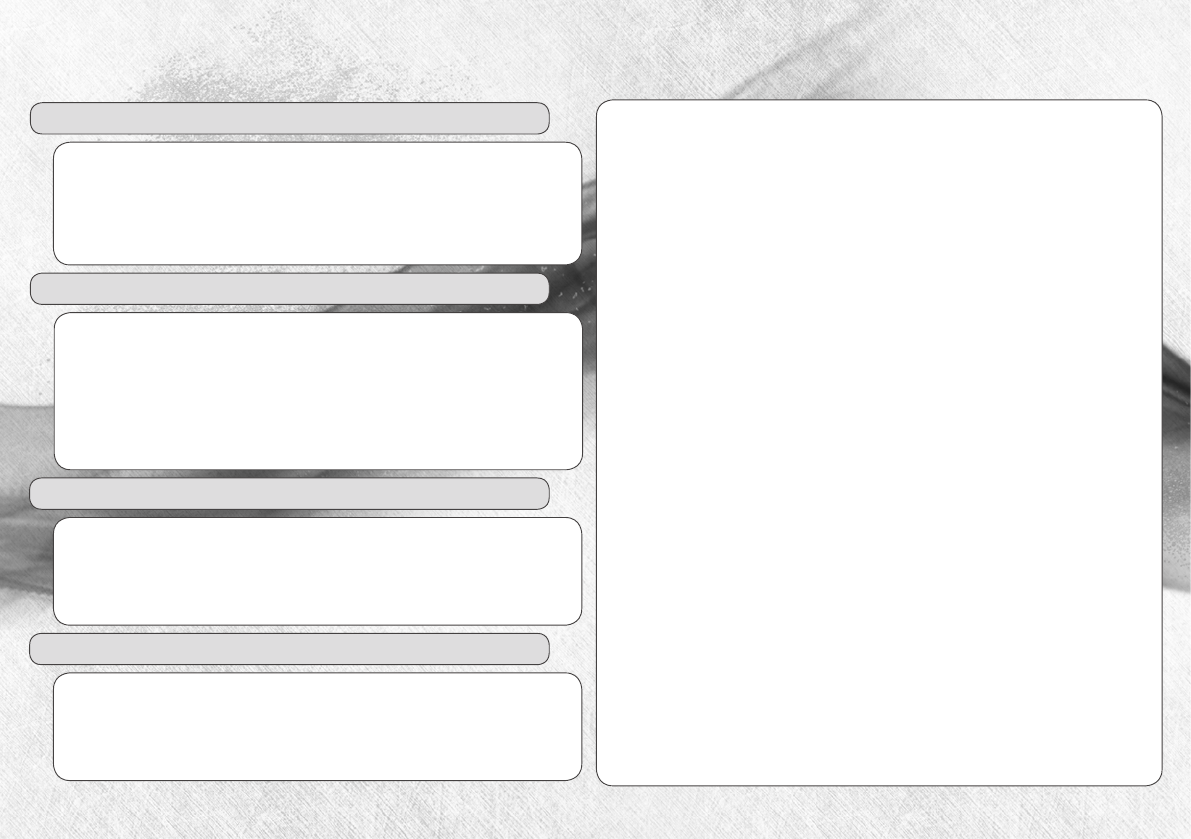
LEGAL / COMPLIANCE
FCC Class B Radio Interference Statement
NOTE: This equipment has been tested and found to comply with the limits for a Class B digital
device, pursuant to Part 15 of the FCC Rules. These limits are designed to provide reasonable
protection against harmful interference in a residential installation. This equipment generates,
uses and can radiate radio frequency energy, and if not installed and used in accordance with
the instructions, may cause harmful interference to radio communications. However, there is no
guarantee that interference will not occur in a particular installation. If this equipment does cause
harmful interference to radio or television reception, which can be determined by turning the
equipment off and on, the user is encouraged to try to correct the interference by one or more of
the following measures:
• Reorient or relocate the receiving antenna.
• Increase the separation between the equipment and receiver.
• Connect the equipment into an outlet on a circuit different from that to which the receiver
is connected.
• Consult the dealer or an experienced radio/TV technician for help.
This device complies with Part 15 of the FCC Rules. Operation is subject to the following two
conditions: (1) this device may not cause harmful interference, and (2) this device must accept any
interference received, including interference that may cause undesired operation.
Notice
The changes or modifications not expressly approved by the party responsible for compliance could
void the user’s authority to operate the equipment.
Shielded interface cables and AC power cord, if any, must be used in order to comply with the
emission limits.
The manufacturer is not responsible for any radio or TV interference caused by unauthorized
modification to this equipment. It is the responsibilities of the user to correct such interference.
FCC warning
Changes or modifications not expressly approved by the party responsible for compliance with the
FCC Rules could void the user’s authority to operate this equipment.
Caution
Always use an AC/DC power adapter that is properly grounded. Use the AC cords listed below for
each area.
USA: UL
Canada: CSA
Germany: VDE
UK: BASE/BS
Japan: Electric Appliance Control Act
TROUBLESHOOTING
• Be sure the power cord is securely connected to the TV
and to a working electrical outlet.
• Press the Power button on the remote or on the side of
the TV.
There is no power.
There is a picture, but no sound.
• Press the Volume Up button on the remote or on the
side of the TV.
• Press the Mute button on the remote or on the side of
the TV. Be sure mute is OFF.
• Select Menu > Audio. Be sure TV Speakers is set to ON.
There are black bars on the top/bottom/sides of the picture.
• Select MENU > Wide, then select Wide or Zoom.
• Be aware that some TV channels add black bars to the
picture.
The TV displays “No Signal.”
• Ensure your connected devices are turned on.
• Press the INPUT button on the remote and select
the input to which your device is connected (HDMI,
Composite, etc.)


















